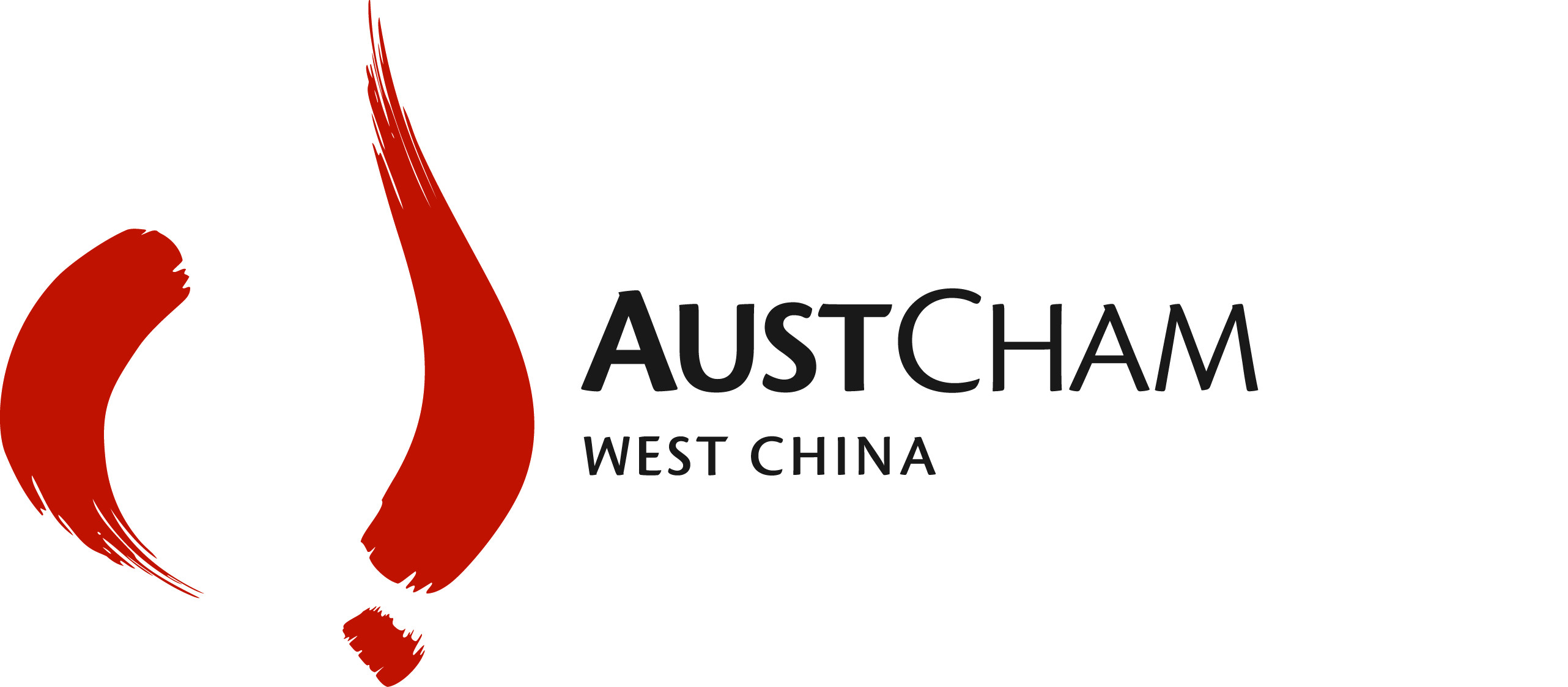In today’s Talking Points: wealthy Beijingers turning to organic hobby farms; Western fast food’s dwindling popularity apparent as McDonalds and KFC struggle to sell minority stakes; Australian and NZ dairy producers feel the pressure of changing global dairy trends; and what’s new – 100+ unlicensed Beijing restaurants found to be serving food prepared in unhygienic conditions.
Wealthy Chinese turning to hobby farms for safe food
On the outskirts of Beijing by a luxurious private golf club, 2 ½ acres of glass greenhouses protect soil imported from Denmark. Nearby, pigs, sheep and chickens range free on a 10-acre plot, an unusual site that regularly draws crowds of passerbys curious about a vision of food production unknown in China. These are the private farms of Chinese-Thai billionaire Chanchai Ruayrungruang, one of many wealthy Chinese taking food safety into their own hands. In addition to a number of high profile food safety horror stories that have plagued China recently, major issues with water and soil toxicity – a byproduct of massive industrialization coupled with weak environmental regulations – have led many people to distrust Chinese fresh produce.
Source: The Globe and Mail
Maccas, KFC slipping as Chinese fast food consumers seek healthy, local alternatives
Investors have shown tepid interest in McDonalds and KFC’s parent Yum! Brands, as both companies’ attempts to sell minority stakes in their Chinese operations fell flat. Despite controlling a combined 38 percent share of China’s fast food industry, the two American behemoths have run into headwinds in recent years. Yum! Brands market share has declined from 40 percent in 2012 to 23.9 percent last year following a food safety scare, the bird flu outbreak and increasing competition. McDonalds has also seen its share slip as Chinese fast food chains serving popular local cuisine like huoguo (hotpot) flourish. Other reasons for the lack of investor interest include growing consumer concern over China’s obesity issue.
Source: Bloomberg
Increasing International Competition Against Australian Dairy Interests
Fonterra Senior Director Fabrizio Jorge reported recently at the Agribusiness Gippsland 2016 conference that the past milk season has seen alarming rates of oversupply due to shifting dairy trends worldwide. China is increasing its domestic production, hopping up rankings to 5th largest dairy producer in the world; production was up by 15% in Ireland, 13% in the Netherlands and 10% in France, fuelled by the abolition of the quota system. Russia’s ban on imports means European products previously bound for Russia are now competing against Australia’s traditional markets. Countries such as Algeria are importing fewer dairy products due to dropping oil prices, while ISIS continues to wreak havoc on infrastructure and trade routes in markets in the Middle East, Syria and Lebanon.
Source: The Weekly Times
Over 100 Restaurants In Beijing Found Preparing Food In Squalid, Unhygienic Conditions
102 unlicensed restaurants in Beijing’s Xiangsu neighbourhood have been found serving food prepared in unhygienic conditions. Of these, 73 provide take-out services through mobile apps. Skewers are prepared directly above rubbish bins, dirty mops are placed next to sinks and most ingredients are prepared by hand, without gloves worn. One restaurant owner stated that these owners were not concerned by meeting standards for inspections – they would merely close their stores during the checks. Though the Xiangsu real estate office has presently banned the opening of new restaurants, it does not have the power to force the restaurants to move, and can only sue the restaurants if their operations disturb neighbours.
Source: South China Morning Post

